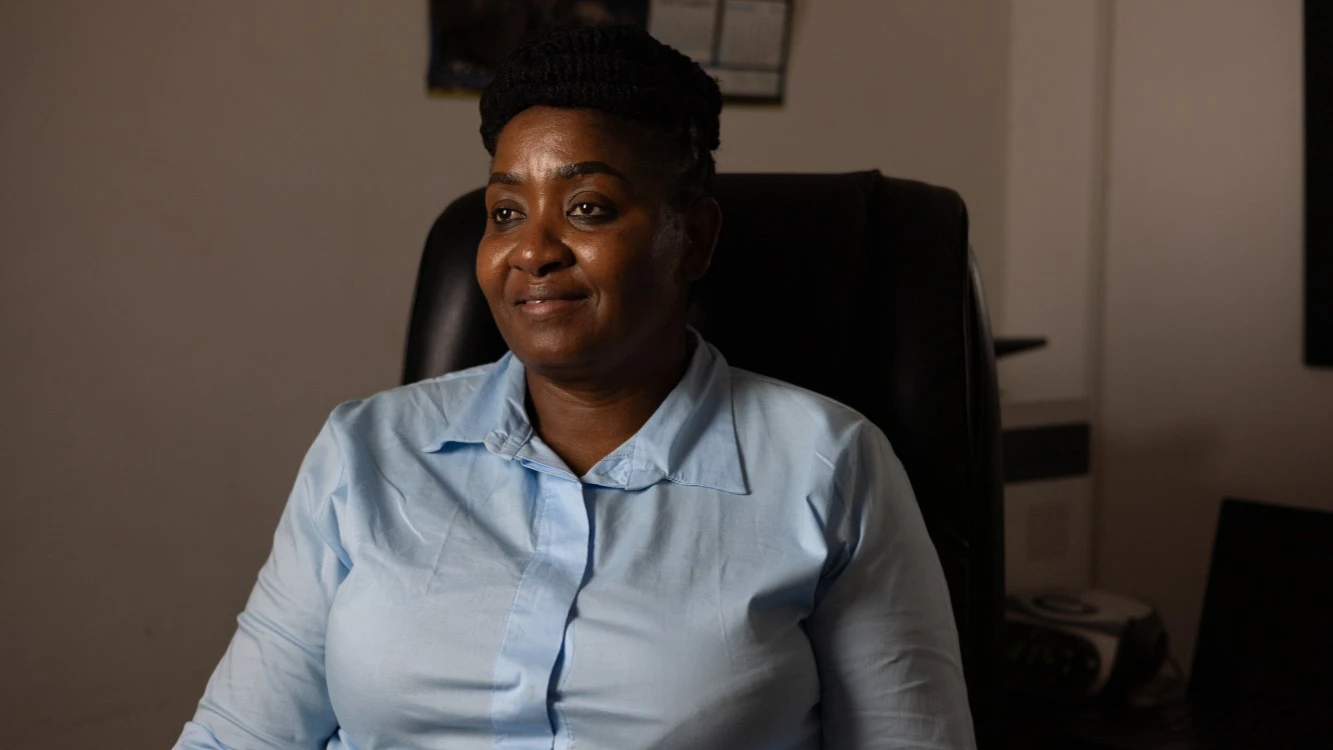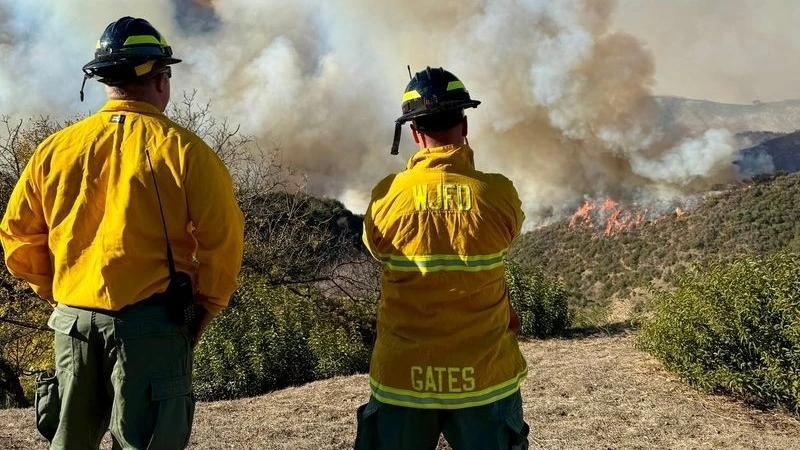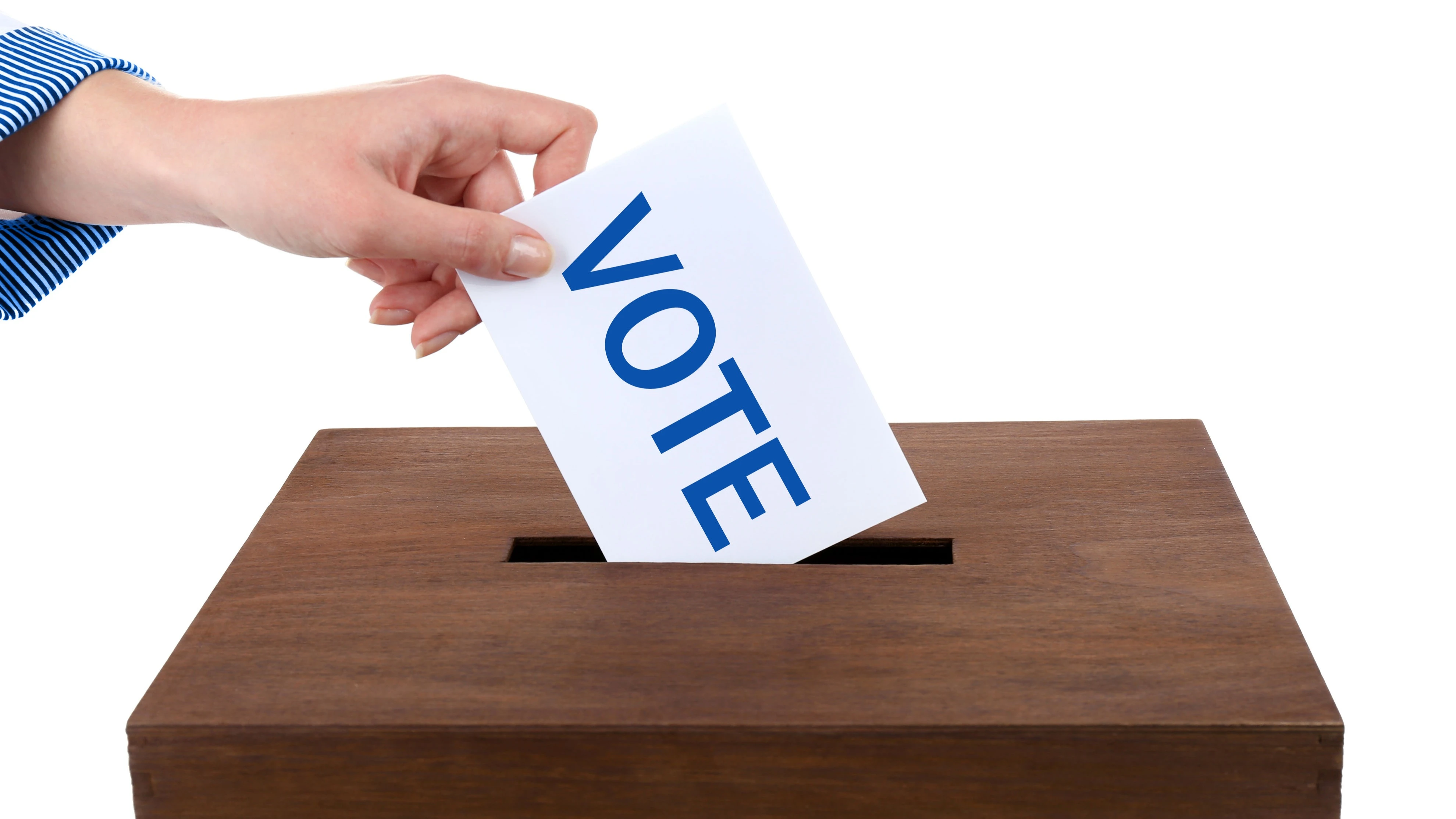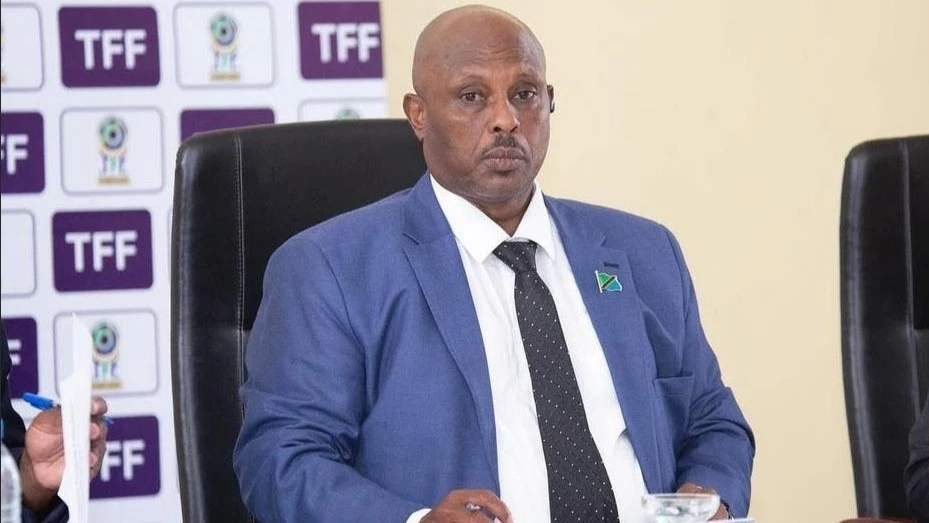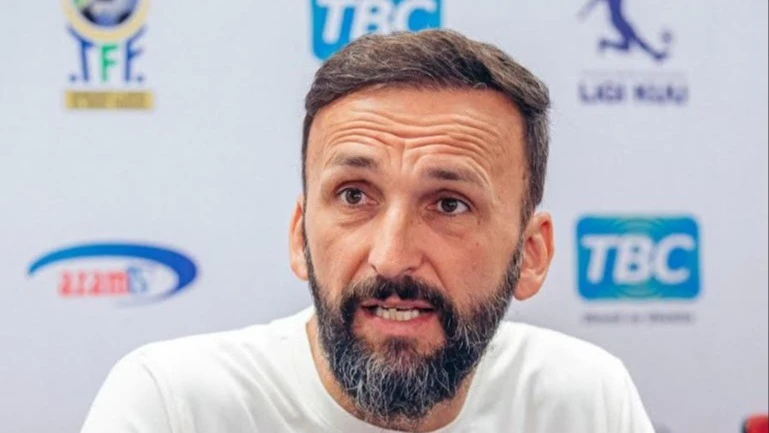‘Dope’ Xmas: Now this is from the horse’s mouth…
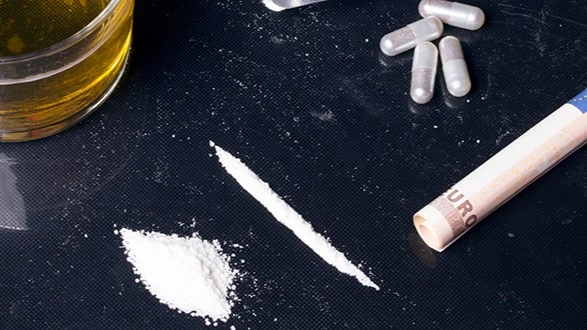
For the part of the brain that controls alcohol, drug and various other forms of addiction, holidays like today’s (Christmas) can prove the perfect storm.
Family drama, money issues, too little rest, the baptism, anniversaries, the wedding, the initiation and so forth…
I mean it’s a complex web of emotions that can trigger stress, loneliness and anxiety, pushing individuals battling substance addiction into leaning heavily on their drug or drugs of choice as a means of escapism.
Apart from that, the part of the brain that controls addiction is the brain’s reward system driven by dopamine – a neurotransmitter in the brain associated with feelings of pleasure and reward.
Holidays also amplify exposure to pleasure stimuli such as food, drinks and anything else to get ‘high’ on.
The combination of heightened dopamine release from these stimuli and emotional or social triggers can make it harder to resist addictive behaviours. That is why, in every family’s Christmas event, there is always that odd uncle, aunt, sister, brother, son, daughter acting weirdly and very loud from the word go!
While it is considered socially acceptable to consume alcohol and take drugs during holidays, it is important to understand the difference between social use and addiction.
One instance of misuse may be a teachable moment for the people concerned and may serve to remind them why they don’t like to experiment with mind-altering substances.
And the experience may even be enough to make them stop using the substances. On the other hand, substance addiction is characterised by compulsive, uncontrolled behaviour – and it is harmful.
It is a pattern that one will continue to engage in despite whatever the negative consequences because, as the brain adapts to prolonged substance use, the initial “reward” mechanism diminishes.
This leads to cravings that can drive a person into chasing that lost “rewarding” feeling – no matter what, who or where – until death does us part, literally!
The stage is set
So commonly, a typical Christmas day would start by church attendance from, say, 7 a.m. to midday. While at church, preparations for the feast of the day, the festive family lunch, would be taking place at home.
Christmas carols would be playing on the radio or TV. The house would be spotless clean – and the mood jolly.
After church, a few guests would be invited to join the family for lunch. Most would likely be from the neighbourhood.
By 1 p.m., the household count would be no fewer than 15 people, one to five of whom would be secretly battling addiction!
The holiday season brings families together, creating moments for people to see their loved ones in person, some for the first time in months.
Times like these present moments for Question-&-Answer sessions and life lectures from great aunts, great uncles and so on and so forth.
And for those suspected of alcoholism and drug addiction, it is often time for intervention, as the rare chance they get for having a face-to-face interaction with the individuals because addictive behaviour dwells in secrecy.
Many individuals with substance addiction will as much as possible avoid family and friends. To them, family events become a nuisance. Yet, in some cases, they are a perfect time to take advantage and con everybody out of money, steal the evening champagne, collect anything and everything that can be sold.
I mean the opportunities are endless, with all this happening while the ‘suspects’ frequently stock up on the free drinks and charge up the DJ, becoming the life of the party while recklessly falling over guests, tables and exhibiting erratic outbursts.
Family members at this point are in shock and anguish, wondering how to control the situation while asking themselves: “Why is he/she doing this”? It’s high time someone intervened...”
The tell it all
Suspicion of substance addiction is often triggered by physical and behavioural patterns whose levels of impact depend on the drug of choice although a common ‘betrayal’ is physical appearance.
This usually comes in the form of bloodshot eyes, the unexplained weight loss, lack of appetite, unusual smells, impaired coordination or tremors, lack of energy or unusual bursts of energy and many more.
Unfortunately, intervention time at this Christmas lunch was planned for 3 o’clock – sometime after the guests had left. By that time, the suspects would already have anticipated the move.
With stacked up alcohol bottles in the large pockets of their dark coats or jackets, they would already have rolled up stock for the road and a carried on bags stuffed with the pilfered items, while they are themselves soon nowhere to be seen.
If lucky, or at least fortunate, the intervention would have revealed that people battling substance addiction generally take a lot of effort to conceal their problems from others.
They may not ask for help – and this because they feel that their problems are hopeless and the only thing they can do is to secretly continue consuming the substances they are addicted to because their brain system has been irredeemably hijacked.
This repetitive use and misuse will eventually result in loss of function, isolation and complete dependency. The respective individuals will go on to progressively deteriorate physically and otherwise.
Their immune system will become impaired, putting them at risk of contracting Hepatitis, HIV and liver or kidney damage. They will soon no longer care about their children or spouses.
Some will eventually face serious challenges with employment, business, education and home life. They will constantly find themselves in legal quicksand, accidents or multiple arrests and other forms of disorderly conduct, mostly associated with substance abuse.
They will have unexplained changes in friends and hobbies, often suffering from delusions or hallucinations and becoming increasingly paranoid.
Suspects on the loose
After the Christmas get-together, most people at the gathering start to disperse. Hardly anyone will any longer remember about the suspected alcohol and drug addicts with mental and other disorders.
They will all be glad that no addict managed to ruin the big day and shame the host family, further.
Indeed, they used the jolly occasion talking about it. Some are still worried and don’t know what to do or where to find the individuals now that there will be no such family gathering again until the same time the following year. What will happen between now and Christmas 2025 is more confidential than top secret… It is an undecipherable riddle, an inscrutable enigma.
Members of some families are evasive and show no empathy for the drunkards. To them: “It’s their fault. We have told them before. They have chosen to idolise alcohol and drugs and given up their entire lives for it. They are stupid and should just be left to sort themselves out.”
When substance use disorder and addiction is left unaddressed, it imposes significant strain on the victims’ well-being and healthcare resources, creating heighted morbidity and mortality rates.
Misconceptions about substance use disorders, often viewed as moral failings rather than a medical condition, lead to delayed treatment-seeking responses.
Consequently, when acute symptoms arise, requiring urgent intervention, family members are pushed into prioritising initial stabilisation such as forced institutional arrests over long-term treatment plans.
According to the World Health Organisation’s 2021 report, a staggering 39 million people suffered from substance use disorders – yet only one in five received treatment.
The United Nations Commission on Narcotic Drugs (Pledge for Action 2024) campaign meanwhile found that substance use disorder treatment and health services continue to fall short of needs and deaths related to drug use have increased.
Additionally, the rates of transmission of HIV, Hepatitis C and other blood-borne diseases associated with substance use disorders – including injecting drug use – remain high in some countries.
Government intervention
Fortunately, come June 26, 2023, President Samia Suluhu Hassan made a declaration to integrate the interests of people with substance use disorders within what is now the reconstituted Community Development, Gender, Women and Special Groups ministry.
This decision reflects recognition of the complex challenges faced by individuals with substance use disorders and highlights the importance of taking an integrated, structured approach to tackling the disorder and promoting recovery.
I wish you all a Merry Christmas. Ensure you keep yourself safe. Next week, we will look at the imperative need to tackle societal perceptions relating to substance abuse and enhance early intervention strategies. Please, share your views via: Email [email protected].Follow: https://x.com/NII_Tanzania.
Top Headlines
© 2025 IPPMEDIA.COM. ALL RIGHTS RESERVED











